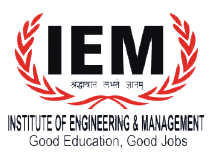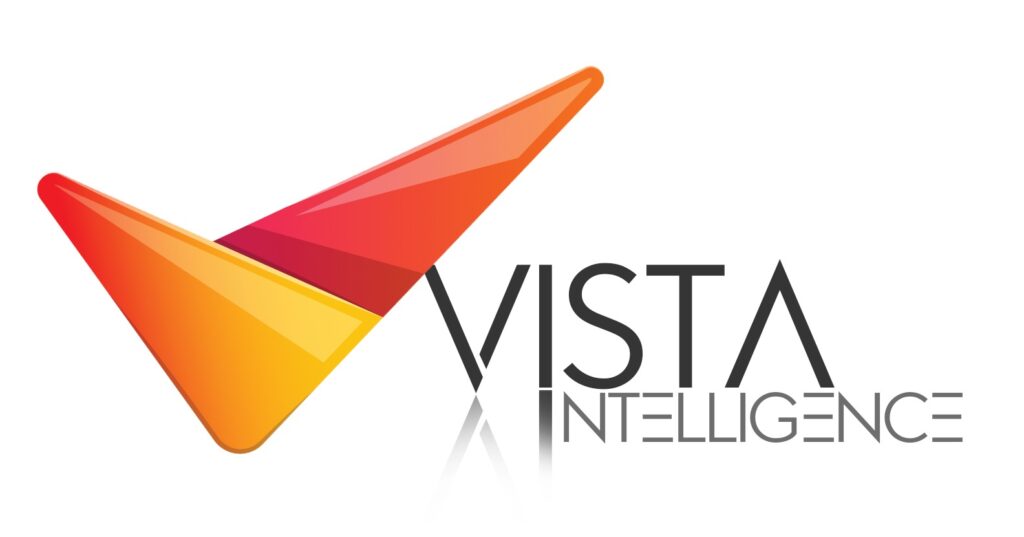Technology is getting rapidly embedded into our daily lives — the way we live, work, play and learn. Nowhere is the digital transformation more visible than in the financial sector: banking and financial services, wealth and asset creation, insurance et al. Emerging technologies such as Artificial Intelligence (AI) and Machine Learning (ML), Big Data and Data Analytics, Blockchain, Robotic Process Automation (RPA), Cloud based SaaS, to name a few, are transforming and disrupting the financial services ecosystem at an accelerating pace.
The term Fintech has gained wide currency. Fintech, or financial technology in short, originally referred to computer technology applied to the back office of banks or trading firms. Fintech now broadly refers to the synergy between finance and technology, which is used to enhance financial decision making, business operations and facilitate the delivery of financial services more expeditiously and efficiently by disrupting traditional methods.
The demand for Fintech-related services in areas such as consumer banking, wealth management and insurance is increasing by leaps and bounds, and is migrating toward institutional areas such as capital markets and commercial banking. As per the PWC Report on Financial Services Technology 2020 and beyond, “digital efforts will advance in areas as diverse as robo-investing, automation of consumer lending and clearing and settlement of cash and securities transactions…. we expect AI, machine learning, and customer analytics to become the driver of client engagement over the next decade”. The scope and scale of Open Banking is also increasing at a rapid pace.
Artificial Intelligence (AI) already plays a prominent role in the capital markets sector, starting with algorithmic triggers in high-speed trading. Next generation algorithmic trading systems are already moving from descriptive and predictive to prescriptive analysis, improving their ability to anticipate and respond to emerging trends.
In the face of sweeping digital transformation, Cyber Security has become one of the top risks confronting the financial sector which has to be dealt with in innovative ways with utmost priority. Regulators have turned to technology too while addressing the accelerating pace of disruptive technological changes.
The Covid 19 pandemic has imparted a significant boost to the digital transformation of financial services as consumers/customers were compelled to seek new and more efficient options to meet their financial needs.
The objectives of this conference scheduled to be held on March 11, 12 and 13, 2022 are:
- Understand the technologies impinging on the financial services sector
- Appreciate the significance of the digital transformations taking place
- Understand and articulate the role of ‘Fin-Tech’ enterprises in powering this disruption at present and in future
- Induce and inculcate contemporary research in the digital attainments of the financial services sector, and the road blocks, critical issues and challenges ahead
Towards this end, academicians, researchers and practitioners are invited to submit and present their research work/papers at the conference. The papers submitted to the conference will be peer reviewed, and authors of selected papers will be invited to present their research work at the conference. The selected papers will be submitted to the Scopus indexed journal “Technology Analysis and Strategic Management”, a publication of the Taylor and Francis Group of UK for its consideration, and potential publication in the journal. The presentation of papers will be interspersed with talks by eminent Keynote Speakers/ Experts providing their perspective on specific domains/topics in this sector, in the context of evolving technological changes.
In order to facilitate a holistic discussion on the theme of the conference, the proceedings have been broadly segregated into the following Tracks. These Tracks and suggested areas under them are indicative only, and authors may submit papers on topics which fall under them as well as on other topics that are relevant to the theme of the conference.
|
Tracks |
Topics/ Themes |
|
Track I |
Emerging Technologies — AI, Machine Learning, Cloud computing, Robotics, etc and their Applications
|
|
Track II |
Blockchain and its applications to improve efficiency, security and contribution to the value chain
|
|
Track III |
Reaching the Unbanked, Underbanked and Underserved in BFSI with Emerging Technologies
|
|
Track IV |
Payments Eco System
|
|
Track V |
Growth of Fin-Techs
|
|
Track VI |
Strengthening Cyber Security
|
|
Track VII |
Use of technology in dealing with Environmental, Social and Governance issues (ESG) in Financial Services Sector |



